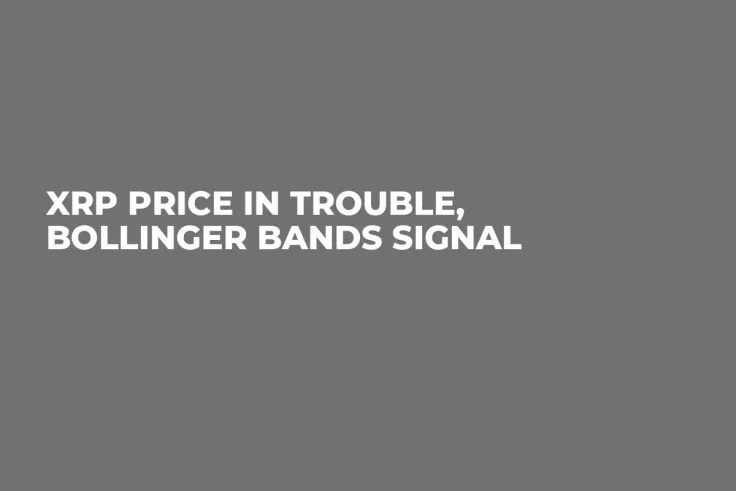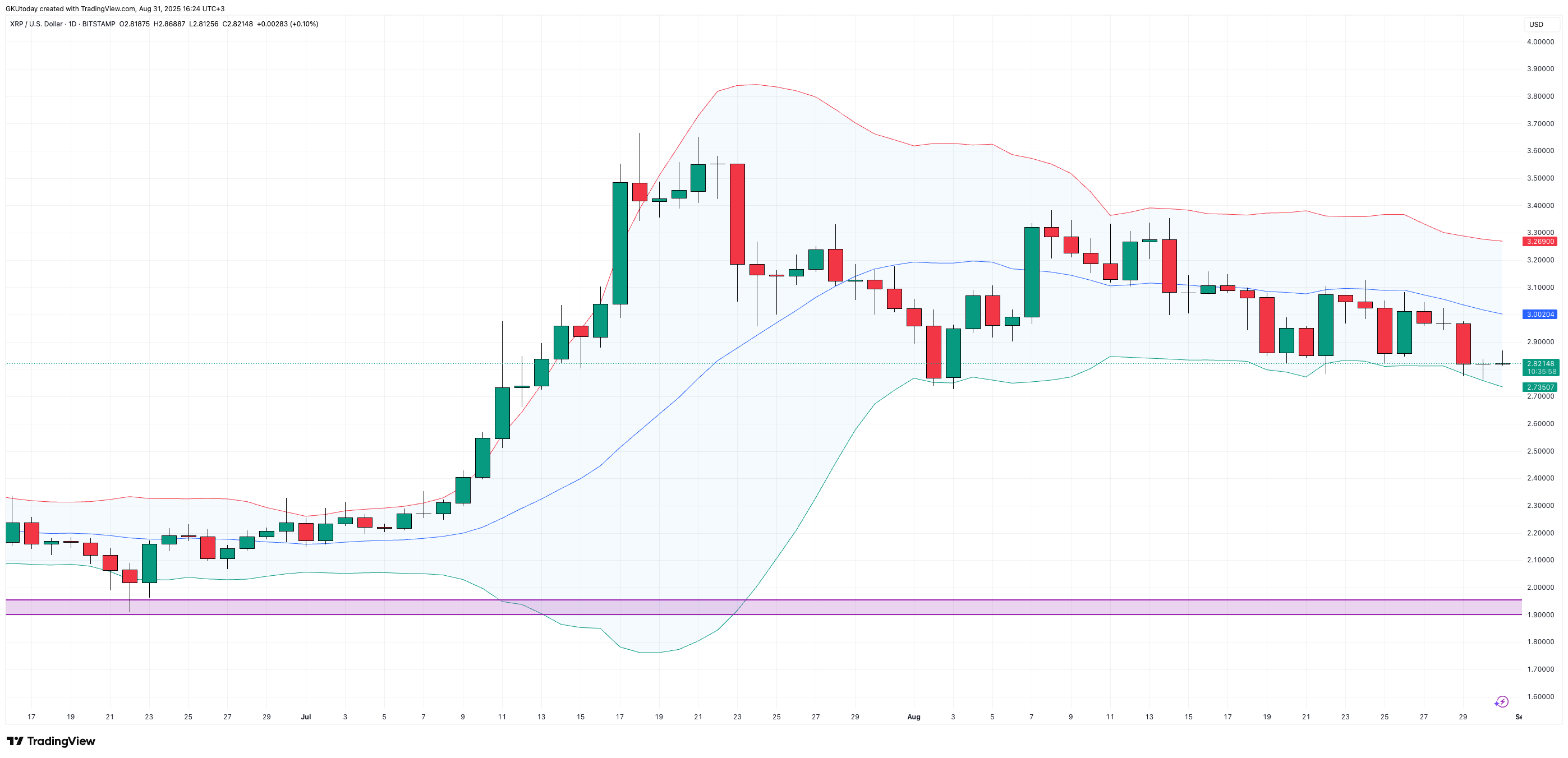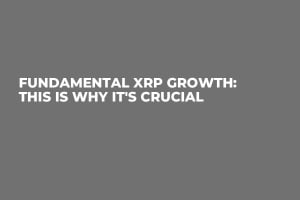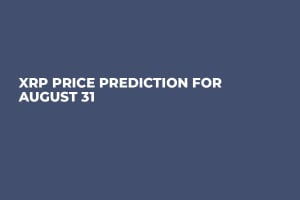
Disclaimer: The opinions expressed by our writers are their own and do not represent the views of U.Today. The financial and market information provided on U.Today is intended for informational purposes only. U.Today is not liable for any financial losses incurred while trading cryptocurrencies. Conduct your own research by contacting financial experts before making any investment decisions. We believe that all content is accurate as of the date of publication, but certain offers mentioned may no longer be available.
XRP is finishing August on a negative note, and the latest Bollinger Bands readings suggest the token isn't showing the kind of setup that usually happens before a rally.
On the weekly chart, the coin has slipped from early summer highs near $3.60 and is now holding just barely above $2.80. The middle band, which traders often use to figure out direction, is starting to slope downward.
That's a sign that the overall trend is losing steam.

The daily time frame backs that up. For most of August, the XRP price has been stuck below its midline, with each attempt to reach $3.10-$3.20 getting rejected. That left the price action stuck closer to the lower band, where moves tend to indicate weakness rather than strength building.
To put it simply, the range has narrowed, but not in a way that suggests new upside.
More pessimism for XRP
The 12-hour and 4-hour charts tell us the same thing. XRP has been on a bit of a slide, heading toward the $2.70 area. But as soon as it hits the midline barrier, attempts to bounce back quickly fall flat.
Even the 1-hour chart, where sudden reversals often appear, shows more of a slow grind along the lower edge than any rebound worth noting.
All these signals together suggest that the market is having a hard time attracting buyers at higher levels. If the lower band near $2.70 breaks, the next area of interest is closer to $2.40.
On the other hand, if they reclaimed the $3.00 zone, that would be a big sign of strength. For now, though, XRP's Bollinger profile is biased more toward caution than optimism, with sentiment looking more defensive as September trading begins.


 Vladislav Sopov
Vladislav Sopov Dan Burgin
Dan Burgin